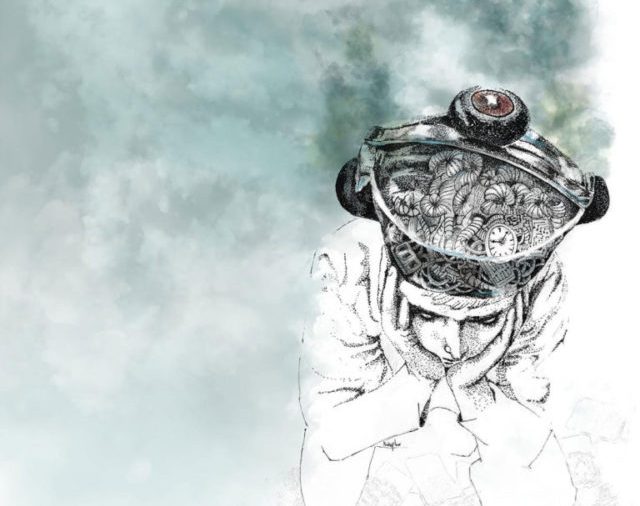Xehetasunak
Data eta ordua:
31 de March de 2017 / 09:00 – 18:30
Egoitza

The expression ‘publish or perish’ is popular in the scientific world, since it shows the importance of publications in the curricula of the research staff. There is more to science than observing, obtaining results and reaching conclusions. One also has to make it public and, if possible, in journals with high international impact. Science that isn’t shared, that isn’t published, doesn’t exist. The problem is that the professional success of researchers depends on this, as do their chances of stability and promotion. Which is why this expression is so popular.
But the communication world also has its rules. Media wants people to consume what has been published. Just like science that isn’t published doesn’t exist, in communication, the contents that are not consumed don’t exist either. In other words, the papers that are not read, the radio programmes that are not heard, the TV programmes that are not watched or the websites that are not visited, they don’t exist. In media, we could say ‘be seen, listened or read… or perish’.
And both arenas meet in this interesting common ground. Of course, in scientific communication or dissemination the confluence is obvious. Here, both needs meet, the need of making research results public and making them reach the largest amount of people are shared goals.
The problem is that the pressure to publish and have communicative impact can lead to both professional groups to adopt dishonest behaviours that are contrary to professional ethics and that may completely distort the purpose of Science and its transfer to the entire social body. It may also lead, and in fact has led, to the creation of a system of scientific publications with pathologies.
All of these issues shall be addressed on 31 March, in the seminar “Produce or perish: Science under pressure” that the Chair of Scientific Culture of the UPV/EHU has organised alongside the Spanish Association of Scientific Communication (AECC). For this, we have a group of wonderful professionals (scientists, lawyers, journalists) with accredited experience who will discuss these topics.
To attend the event, it is necessary to register by writing to: jornadas@aecomunicacioncientifica.org
Programme:
Morning session
9:15 Presentation: Spanish Association of Scientific Communication – Chair of Scientific Culture.
9:30-10:00 “Scientists endorsing nonsense”. José M. López Nicolás, Biochemistry Professor at the University of Murcia. Author of the Scientia blog.
10:00-11:00 Round table: “Owners of knowledge”.
Participants: Julián de Juan, Estrategia π; Ignasi Labastida i Juan, University of Barcelona; Javier de la Cueva, lawyer. Moderator: Elena Lázaro, journalist and technical coordinator of the UCC+i (Unit of Scientific Culture and Innovation) of the University of Córdoba.
11:00-11:30 Break.
11:30-12:00 “Journalists endorsing nonsense”. José A. Pérez Ledo.
12:00-13:00 Round table: “Anything for clicks and audience ratings”.
Participants: Eva Caballero, Radio Euskadi; Antonio Martínez Ron, journalist and science populariser; Luis Alfonso Gámez, journalist of El Correo. Moderator: Alex Fernández Muerza, scientific and environmental journalist.
Afternoon session
15:30-16:00 “Pathological science and editorial pathology”. Joaquín Sevilla, person responsible for the Dissemination of Knowledge at the UPNA (Public University of Navarre).
16:00-16:30 “Open science vs. Closed science”. Eva Méndez, Carlos III University of Madrid.
16:30-17:00 Break.
17:00-17:30 “Scientific journalism or ‘papers’ journalism?” Ángela Bernardo, scientific editor at Hipertextual.
17:30-18:00 “Darwin in the newsroom. The evolution of the image of science in Spanish press”. Ana Victoria Pérez Rodríguez, Director at the DiCYT Agency.
18:00: Closing speech: Spanish Association of Scientific Communication – Chair of Scientific Culture

